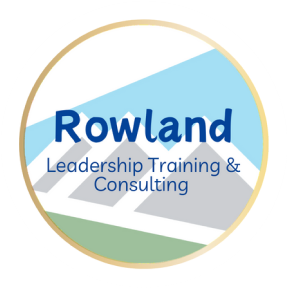We’ve all had them—a boss who micromanages, a manager who seems impossible to please, or a leader whose communication style clashes with everything in your wiring. It can leave you frustrated, unseen, and like you’re constantly walking on eggshells.
When the challenging personality is your boss, the stakes are even higher. You don’t have the luxury of avoidance, and the power dynamic can make every interaction feel heavy. But here’s the encouraging truth: you may have more influence than you think.
As a licensed counselor and leadership coach, I’ve worked with countless professionals navigating these kinds of relationships. And what I’ve seen time and again is this—when we shift how we show up, everything else can begin to change. The following strategies aren’t always talked about, but they’re powerful tools that can help you stay grounded and lead yourself well in the process.
🔍 Ask: What’s Really Driving This?
Take just a few extra seconds before reacting to ask, “What might be driving this behavior?” A controlling boss may be operating from fear. A dismissive tone might be covering up insecurity. While insight doesn’t excuse poor behavior, it gives you better options for how to respond.
🕰️ Pick the Right Moment
Timing can make or break a tough conversation. Avoid bringing up frustrations right after your boss wraps up a chaotic meeting. Instead, choose a time when things are calm and focus is possible. Conversations often reflect the energy they’re started with.
🪞 Mirror, Then Lead
If your boss is intense or fast-paced, briefly mirror their energy to connect—then gradually shift the tone toward calm. This “mirror and lead” approach builds rapport and allows you to guide the emotional temperature without being inauthentic.
🤔 Explore: Why Is This Getting to Me?
Our biggest triggers usually connect to deeper stories—feeling unappreciated, overlooked, or out of control. Instead of letting frustration build, ask yourself, “What part of me is reacting here?” That pause can create space for growth and better self-management.🔋 Check Your Battery
After each interaction, scan your emotional state. Are you drained or energized? Frustrated or focused? This check-in helps you spot patterns and reminds you to reset before carrying stress into your next conversation or meeting.
💡 Small Shifts, Big Impact
After over 25 years in the people strategies space, I can say with confidence: the greatest changes don’t come from waiting for someone else to act differently—they come from small, consistent shifts in how we lead ourselves. When you show up with clarity, curiosity, and composure, even hard relationships can shift.
Want to Learn More?
If you’re curious about what Rowland Leadership Training & Consulting (RowlandLTC) can offer your team or organization, click here to explore our services. We help professionals lead with greater clarity, confidence, and purpose.
RowlandLTC
“Equipping Leaders. Empowering Teams. Elevating Culture.”
